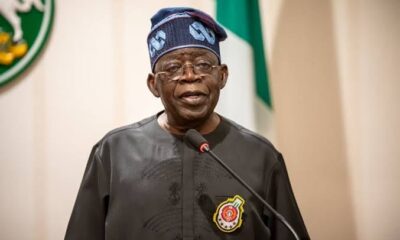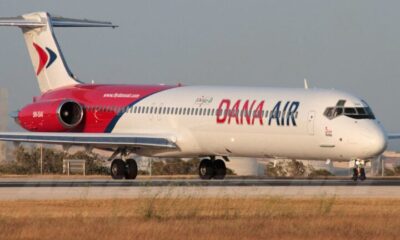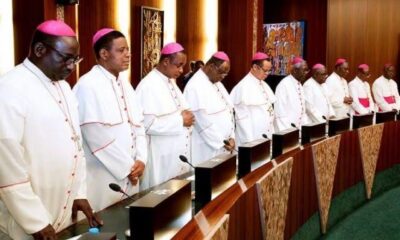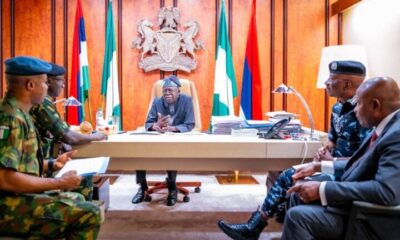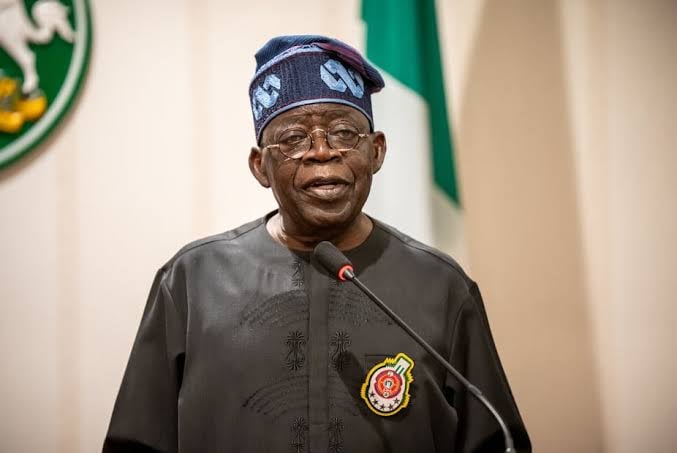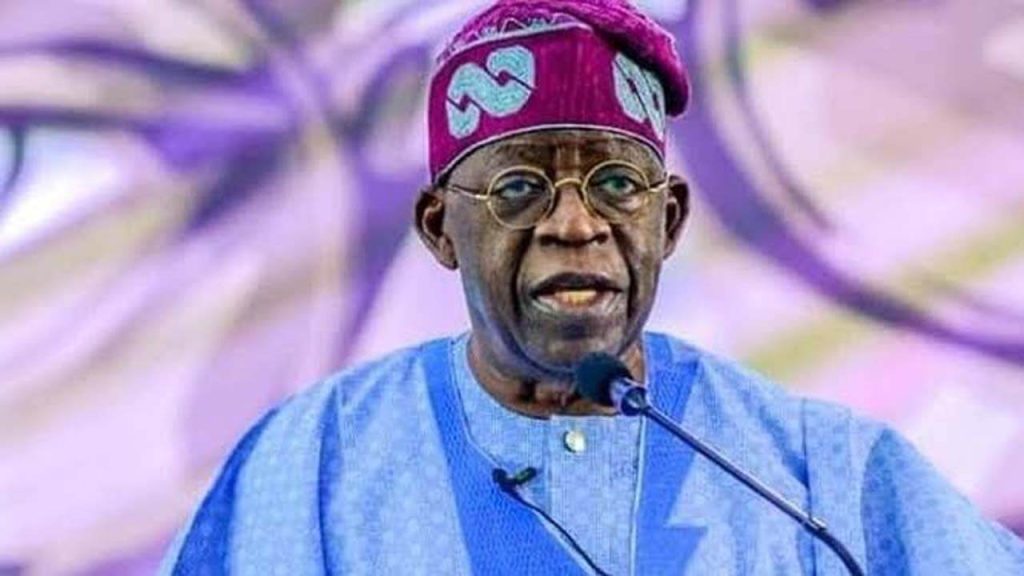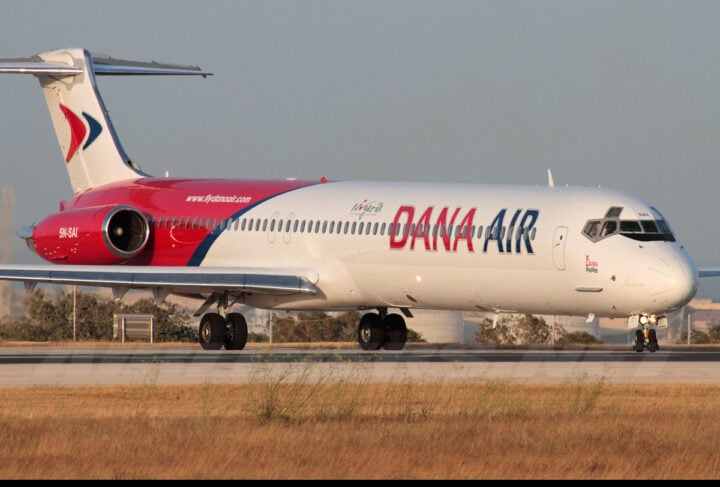The Obidient Peoples Party and the Advanced Democratic Alliance (ADA) are part of 110 groups that have submitted applications to the Independent National Electoral Commission (INEC) to be registered as political parties.
The Obidient Peoples Party, led by Mr. Barry Avotu Johnson as “protem national chairman”, is one of two applications referencing the “Obidient movement”, a political trend linked to former Labour Party presidential candidate, Peter Obi.
The other application bears the name “Progressive Obedients Party”.
ADA is being positioned as the political platform for the anti-Tinubu coalition, which includes former Vice President Atiku Abubakar, former Rivers State governor Mr. Rotimi Amaechi, former Kaduna State governor Nasir El-Rufai, Dr. Umar Ardo—convener of the League of Northern Democrats—and several others.
INEC Chairman, Prof. Mahmood Yakubu, revealed the list of applicants on Wednesday during the commission’s second quarterly consultative meeting with media executives in Abuja. He confirmed that all applications are being reviewed in line with legal requirements and assured that none of the groups will receive “preferential treatment”.
Full list of associations applying for INEC registration as political parties:
1. Key of Freedom Party
2. Absolute Congress
3. All Grassroots Party
4. Congress Action Party
5. United Social Democrats Party
6. National Action Congress Party
7. Great Alliance Party
8. New Nigeria Congress
9. United Peoples Victory Party
10. Allied Conservative Congress
11. Peoples Freedom Party
12. All Nigerians’ Party
13. Abundant Social Party
14. Citizens Party of Nigeria
15. National Freedom Party
16. Patriots Party
17. Movement of the People
18. Peoples National Congress
19. African Union Congress
20. Alliance of Patriots
21. Socialist Equality Party
22. About Nigeria Party
23. African Reformation Party
24. Accelerated African Development Association
25. Obidient Peoples Party
26. Zonal Rescue Movement
27. Zuma Reform
28. Party for Socialist Transformation
29. Liberation People’s Party
30. Progressive Obedients Party
31. Great Nigeria Party
32. National Youth Alliance
33. National Reform Party
34. Patriotic Congress Party
35. Community Alliance Party
36. Grassroot Alliance Party
37. Advance Nigeria Congress
38. All Nigerians Alliance
39. Team New Nigeria
40. All Labour’s Party
41. New Green Generation Coalition Pary
42. New Green Congress
43. New Green Coalition Party
44. About All (Nigerian)
45. Nigerian Liberty Movement
46. National Democratic Party
47. Citizen United Congress
48. All Gender Party
49. Polling Unit Ambassadors of Nigeria
50. Village Intelligence Party
51. Great Transformation Party
52. Alliance Social Party
53. Nigeria Democratic Alliance
54. New National Democratic Party
55. Obedients Peoples Party
56. Nourish Democratic People’s Congress
57. All Youth Reclaim Party
58. LA RIBA Multipurpose Cooperative Society
59. Alliance Youth Party of Nigeria
60. The True Democrats
61. Democratic Peoples Congress
62. National Democratic Movement
63. Economic Liberation Party
64. Grassroot Ambassador’s Party
65. All For All Congress
66. People Democratic Alliance
67. United National Youths Party of Nigeria
68. Peoples Liberation Party
69. Democratic Union for Progress
70. Citizen Democratic Alliance
71. African Action Group
72. Patriots Alliance Network
73. Democratic Leadership Party
74. Pink Political Party
75. Young Motivation & Awareness for Development Forum
76. Access Party
77. Youth Progressive Empowerment Initiative
78. Grassroot Ambassadors’ Party
79. Republican Party of Nigeria
80. Sceptre Influence Party
81. Young Democratic Congress
82. Patriotic Nigerians Party
83. Far-Right Party
84. Democratic People’s Party
85. United Citizens Congress
86. Reset Nigeria
87. New Nigeria Democratic Party
88. Save Nigeria People Party
89. Above All
90. Alliance for Youth and Women Party
91. Rebuild Nigeria Group
92. Citizen Progressive Part
93. Good Guardian Party
94. Abiding Greatness Party
95. Patriotic Peoples’ Party
96. Development & Freedom Party
97. Peace, Unity & Prosperity Culture
98. The Populist Party
99. New Nigeria Leadership Party
100. All Allies Alliance
101. National Action Network
102. Coalition for Nigerian Democrats
103. Republican Party of Nigeria
104. Abundance Africa Alliance
105. Freewill Humanitarian Party
106. Peoples Emancipation Party
107. Peoples Liberation Congress Party
108. Peoples Democratic Congress
109. All Democratic Alliance
110. Advanced Democratic Alliance (ADA)


 BIG STORY1 day ago
BIG STORY1 day ago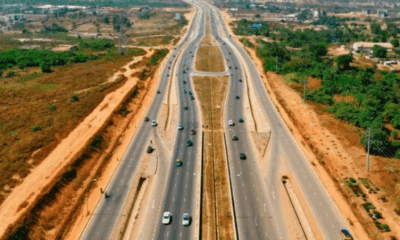
 BIG STORY2 days ago
BIG STORY2 days ago
 BIG STORY1 day ago
BIG STORY1 day ago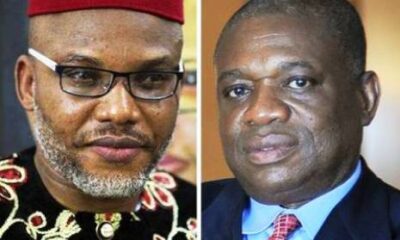
 BIG STORY2 days ago
BIG STORY2 days ago
 BIG STORY5 days ago
BIG STORY5 days ago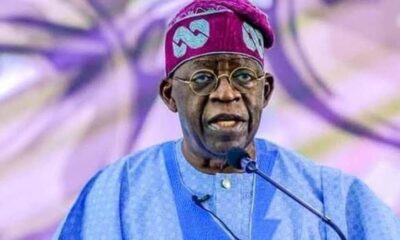
 BIG STORY3 hours ago
BIG STORY3 hours ago
 BIG STORY1 day ago
BIG STORY1 day ago
 BIG STORY2 days ago
BIG STORY2 days ago






